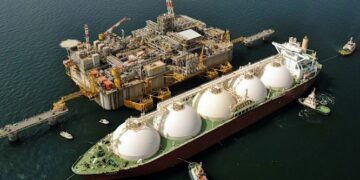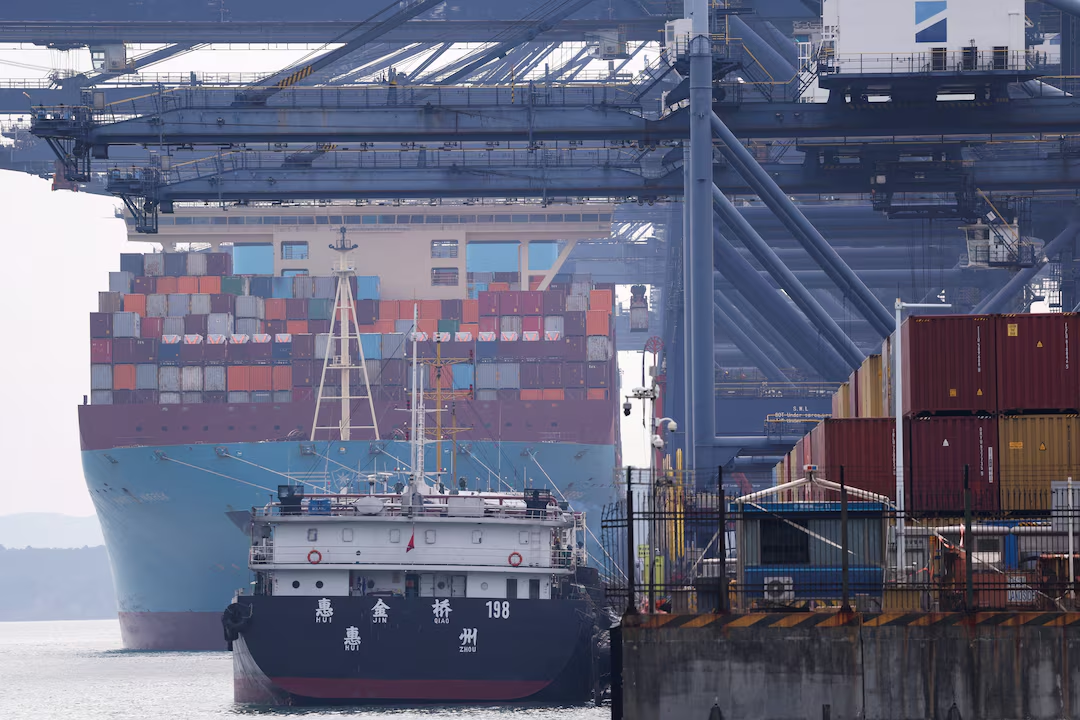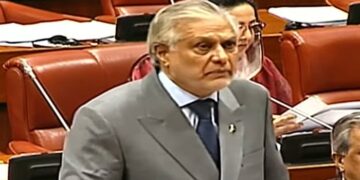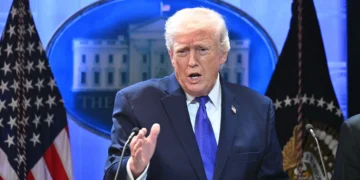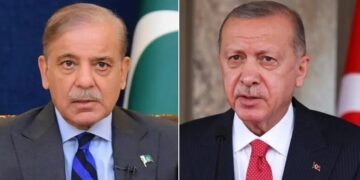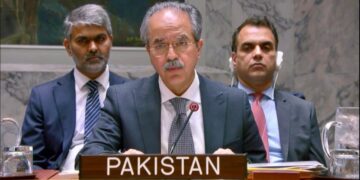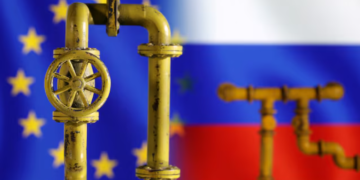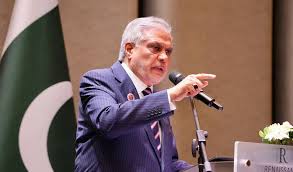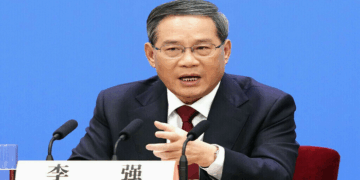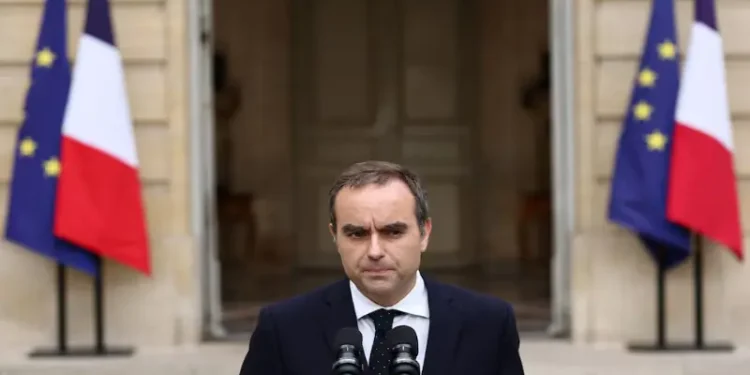Web Desk; France was thrown into deeper political turmoil on Monday as Prime Minister Sebastien Lecornu and his government resigned only hours after announcing their cabinet, sending shockwaves through financial markets and intensifying pressure on President Emmanuel Macron.
The abrupt resignation came after opposition parties and some allies threatened to bring down the newly formed government, prompting Lecornu to admit he could not govern under such conditions. He had served just 27 days as Macron’s fifth prime minister in two years, and his cabinet lasted a mere 14 hours—the shortest in modern French history—at a time of sharp parliamentary divisions and mounting fiscal challenges.
Opposition leaders immediately called on Macron to either resign or hold fresh parliamentary elections, arguing there was no other solution to the crisis. “Macron must now choose: dissolution or resignation, and fast!” the far-right National Rally (RN) said on X. Hard-left leader Mathilde Panot added, “Three prime ministers defeated in less than a year. The countdown has begun. Macron must go.”
Lecornu, a close Macron ally, blamed opposition “egos” and inflexibility for his inability to govern, saying politicians had put personal ambitions ahead of the country’s interests. His newly unveiled cabinet had angered both allies and opponents, who viewed it as either too right-wing or not decisive enough, raising doubts about its survival from the outset.
Macron, whose term runs until 2027, now faces limited choices: appoint a new prime minister, call snap elections, or step down. So far, he has ruled out the latter two options.
Markets reacted swiftly to the political instability. France’s CAC 40 index fell more than 1.5%, the steepest drop in Europe, with banking stocks hit particularly hard. The euro slid 0.7% to $1.1665.
France’s political crisis comes amid worsening economic conditions. Public debt has soared to 113.9% of GDP, while last year’s deficit was nearly twice the EU limit. Analysts warn that repeated government collapses could have broader implications for European markets.
Since Macron’s re-election in 2022, France has struggled with a fragmented parliament where no party holds a majority, making coalition-building difficult in a political system designed for centralized presidential power.









